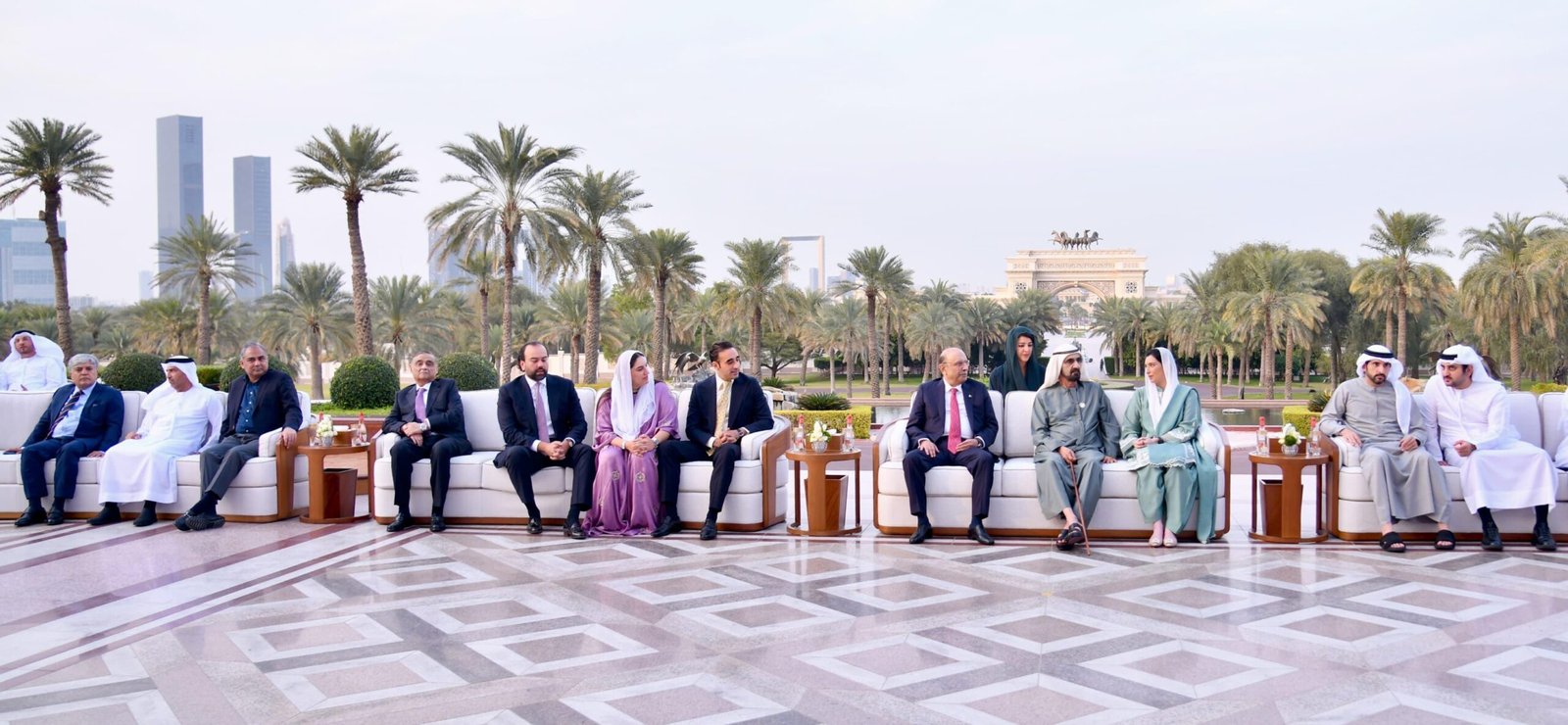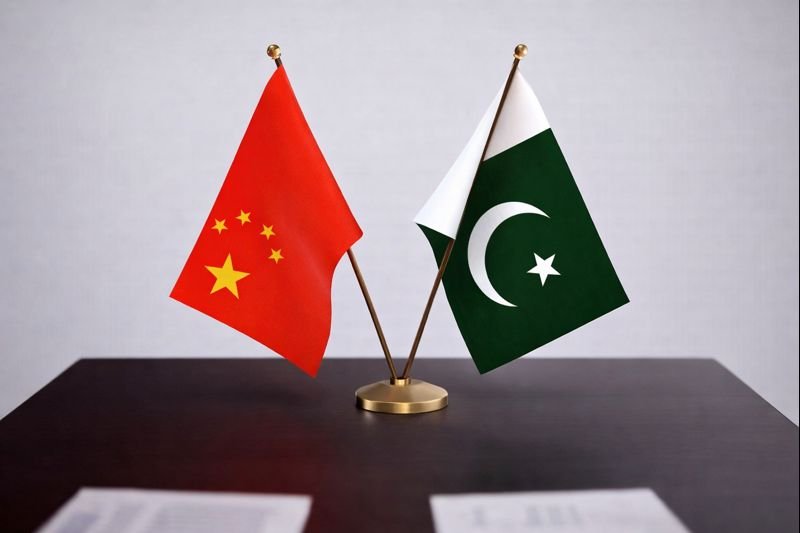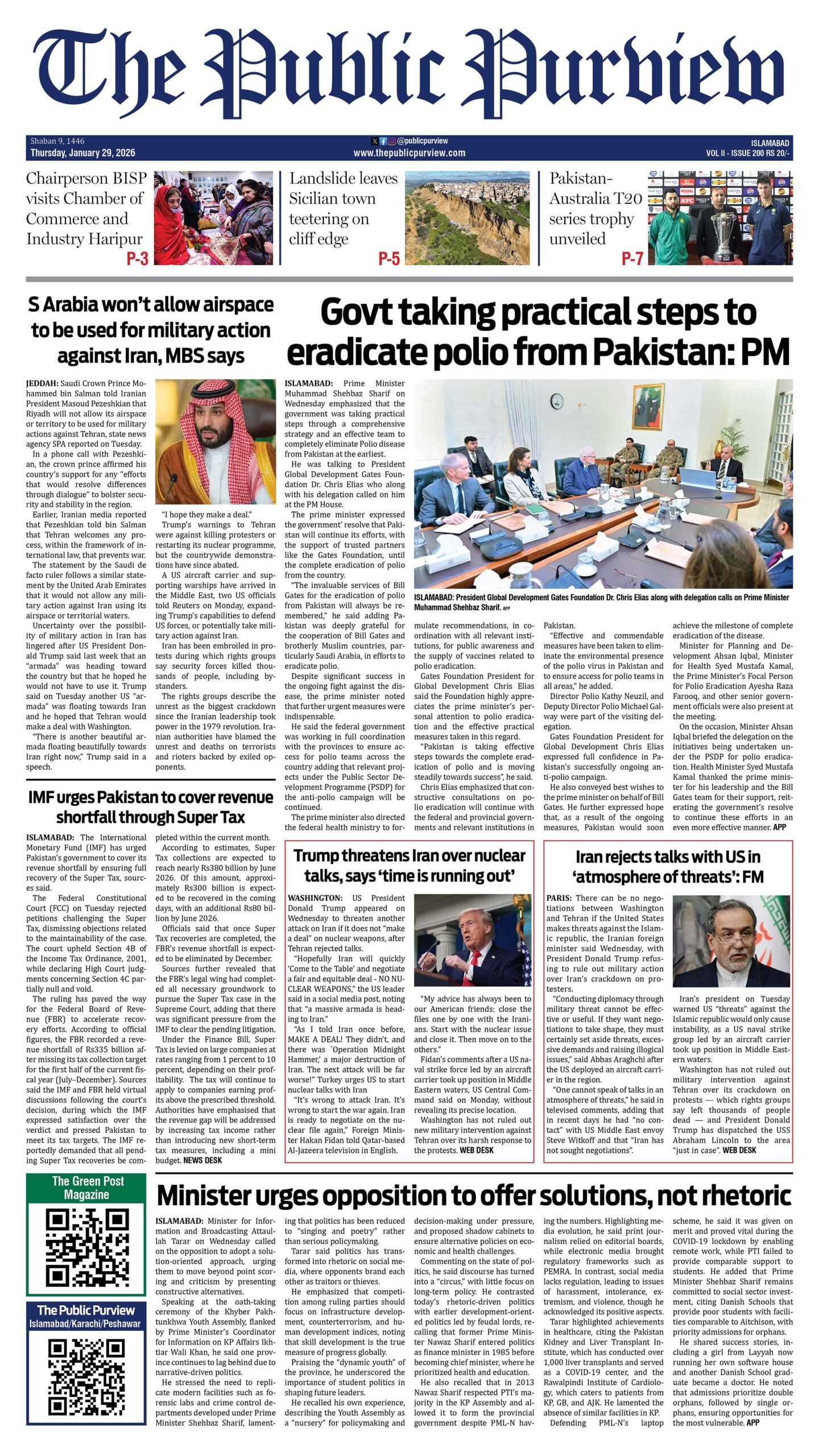PESHAWAR: The Mahsud family of South Waziristan continues to play a defining role in the governance, administration, and development of Khyber Pakhtunkhwa, with Senator Dost Muhammad Khan Mahsud and his sons Riaz Mahsud and Asif Khan Mahsud, earning distinction for their contributions in public service across both political and bureaucratic spheres.
Senator Dost Muhammad Khan, a senior political figure from South Waziristan, laid the foundation for a family legacy grounded in principled leadership and tireless service to the province. Following in his footsteps, his elder son, Riaz Mahsud, has risen to prominence as one of Khyber Pakhtunkhwa’s most respected civil servants. Currently serving as Commissioner Peshawar Division and Chairman of the Board of Intermediate and Secondary Education (BISE) Peshawar, Riaz Mahsud is known throughout the bureaucracy for his integrity, innovation, and efficiency. Over the past two decades, he has held several key administrative positions, each marked by transparent governance and exceptional performance.

He is widely credited with delivering results through rapid decision making and reforms that often exceeded public expectations. His name remains untarnished in official records, with no complaints ever lodged against him, an uncommon distinction that has earned him deep respect within official circles.
Complementing this legacy in the political arena is his younger brother, Asif Khan Mahsud, a foreign educated legislator currently serving as Member of the Provincial Assembly (MPA) from PK-109, South Waziristan Upper. With over 15 years of experience in governance, humanitarian leadership, and the private sector, Asif Khan has emerged as a dynamic and articulate voice for the Merged Areas in the provincial legislature. He holds a Bachelor’s degree from Gadsden State College in Alabama, USA, and an MBA with a specialization in Human Resource Management.
As Convener of the Sustainable Development Goals (SDGs) for Khyber Pakhtunkhwa and Chairman of the District Development Advisory Committee (DDAC), Asif Khan has played a central role in aligning provincial development efforts with the UN 2030 Agenda. His leadership has been instrumental in driving institutional reform, sustainable planning, and inclusive development across the tribal belt. He has also served as Advisor to both the Governor and the President of Pakistan for the Pakistan Red Crescent Society, where he oversaw key initiatives in public welfare, post conflict recovery, and health systems strengthening.
Asif Khan Mahsud is widely regarded as one of the most energetic and promising members of the Khyber Pakhtunkhwa Assembly, earning recognition for his active participation, policy insight, and unwavering focus on improving governance in underdeveloped areas.
Together, the Mahsud family’s contributions reflect a rare combination of administrative excellence and political leadership that continues to shape the future of Khyber Pakhtunkhwa.






 Today's E-Paper
Today's E-Paper